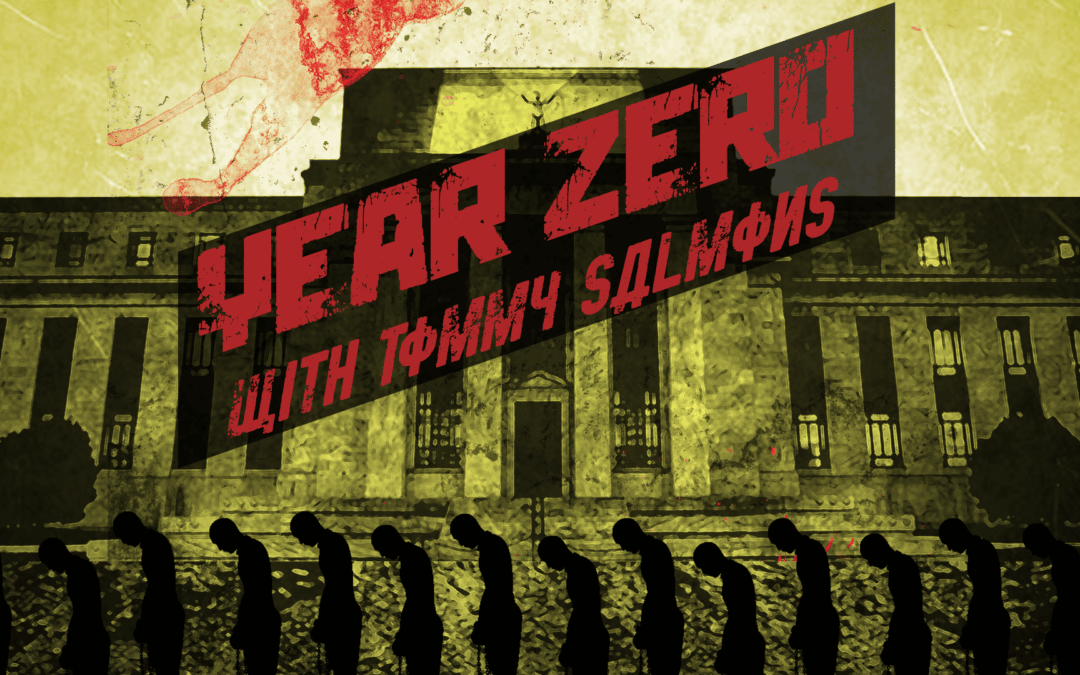In case anyone missed it, the Red EU and NATO Pact are the new 21st century variant of the USSR rekindled to make luxury communism great again. The mask on the NATO midgets has finally slipped and the true villains rise from behind the curtain.
The sooner the US backs out of it, the better.
Cut all ties and send the filthy & corrupt UN packing too.
Prepare accordingly.

















The Wayback Machine reminds us of all past tense showing us the future. The base in Balakliya, near Kharkiv, is around 100km (60 miles) from fighting against Russian-backed separatists in the eastern oblasts (2017).
https://web.archive.org/web/20170801064637/http://scout.com/military/warrior/Article/Small-Russian-Drones-Do-Massive-Damage-WIth-Grenade-Weapons-103103172